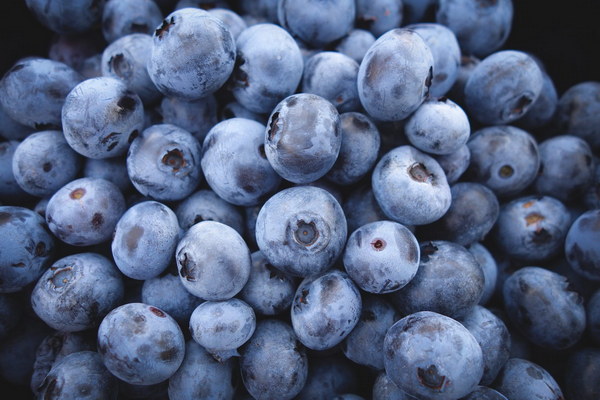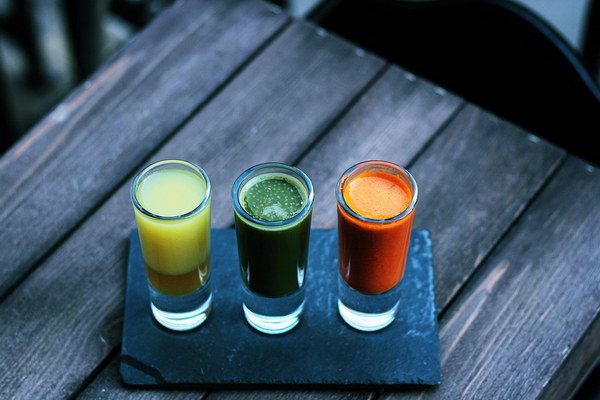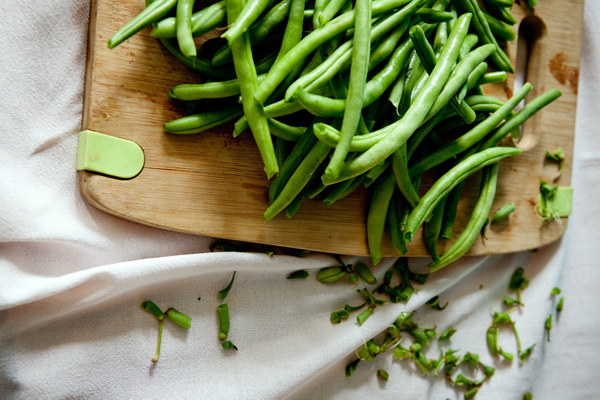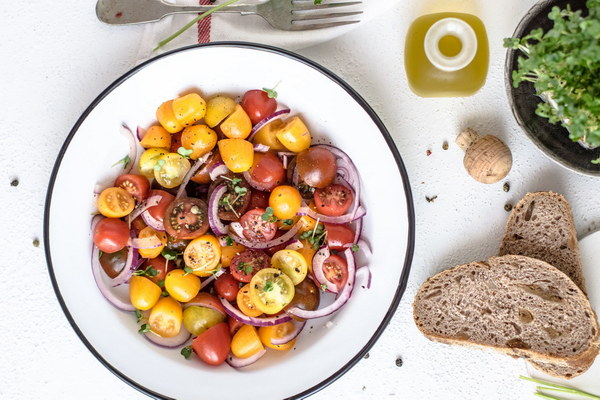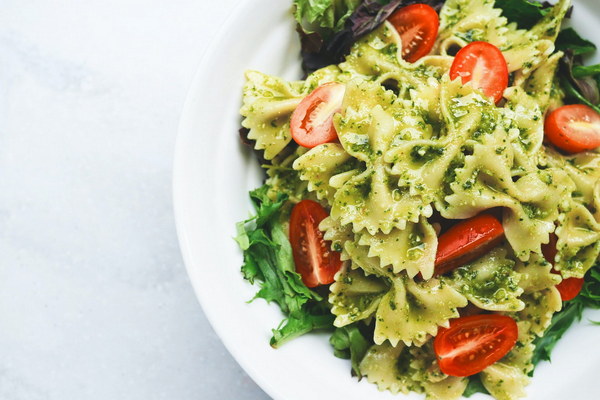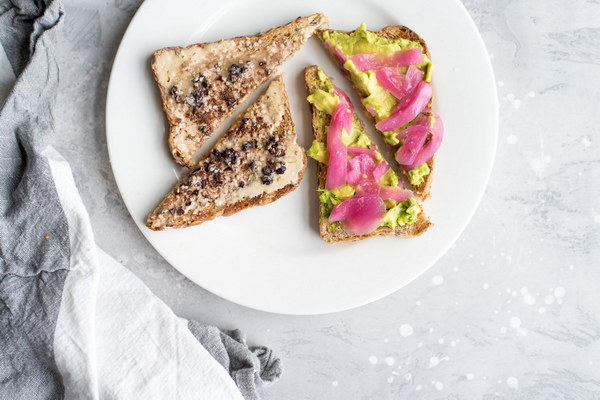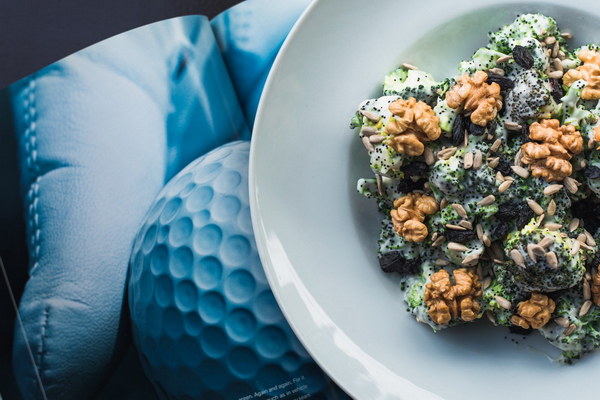Nourishing Diet for Gout Natural Remedies and Nutritious Foods to Alleviate Symptoms
Gout is a common form of arthritis characterized by sudden, severe attacks of pain, redness, and tenderness in the joints, usually in the big toe. While medication is essential to manage gout symptoms, dietary changes and natural remedies can play a crucial role in reducing flare-ups and maintaining joint health. In this article, we will explore a nourishing diet for gout, focusing on natural remedies and nutritious foods that can help alleviate symptoms and improve overall well-being.
1. Reduce Purine Intake
Purines are organic compounds found in many foods, and when they break down in the body, uric acid is produced. High levels of uric acid can lead to gout attacks. Therefore, it is essential to reduce purine intake in the diet. Some purine-rich foods to avoid include:
- Red meat, such as beef, pork, and lamb
- Organ meats, such as liver, kidneys, and hearts
- Seafood, such as anchovies, sardines, mackerel, and herring
- Alcohol, especially beer and spirits
Instead, opt for purine-free or low-purine foods, such as:
- Lean poultry, like chicken and turkey
- Fish, except for those mentioned above
- Vegetables, fruits, and whole grains
2. Stay Hydrated
Drinking plenty of water is essential for gout management, as it helps flush uric acid from the body. Aim for at least 8 to 10 glasses of water daily. Other hydrating beverages, such as herbal teas and clear broths, can also contribute to your fluid intake.
3. Incorporate Alkaline Foods
Alkaline foods can help lower the acidity in your body, which may reduce the risk of gout attacks. Some alkaline foods to include in your diet are:
- Leafy greens, such as spinach, kale, and Swiss chard
- Berries, such as strawberries, blueberries, and raspberries
- Citrus fruits, like oranges, lemons, and limes
- Nuts and seeds, such as almonds, walnuts, and chia seeds
4. Add Anti-Inflammatory Foods
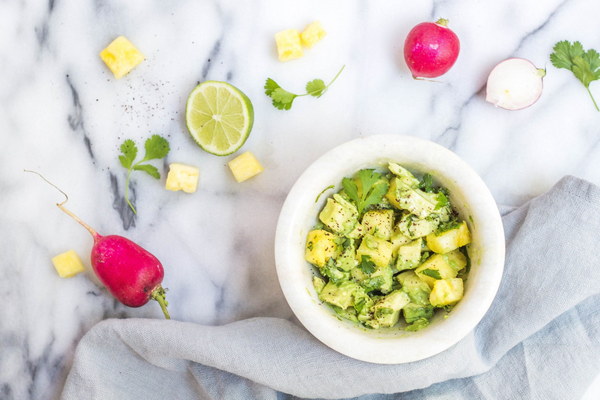
Inflammation is a significant factor in gout attacks. Incorporating anti-inflammatory foods into your diet can help reduce pain and swelling. Some anti-inflammatory foods to consider are:
- Fatty fish, such as salmon, mackerel, and sardines, which are rich in omega-3 fatty acids
- Turmeric, a spice known for its anti-inflammatory properties
- Ginger, which can help reduce inflammation and pain
- Green tea, which contains antioxidants and anti-inflammatory compounds
5. Natural Remedies for Gout
In addition to dietary changes, some natural remedies can help alleviate gout symptoms:
- Tart cherry juice: Studies have shown that tart cherry juice can help reduce uric acid levels and alleviate gout pain.
- Devil's claw: This herbal remedy has been used to treat arthritis and may help reduce gout symptoms.
- Willow bark: Willow bark contains salicin, a compound similar to aspirin, which can help reduce inflammation and pain.
Remember, it is crucial to consult with a healthcare professional before starting any new treatment or dietary changes. While a nourishing diet for gout can help manage symptoms and reduce flare-ups, medication may still be necessary to control uric acid levels and prevent future attacks.
By focusing on a balanced diet that incorporates nutritious foods, stays hydrated, and includes anti-inflammatory and alkaline foods, you can take a proactive approach to managing gout and improving your overall health and well-being.
